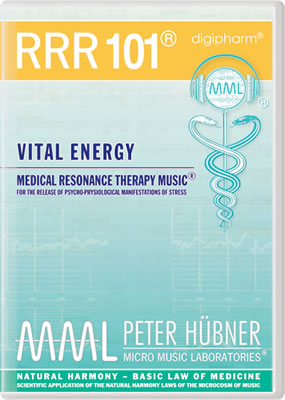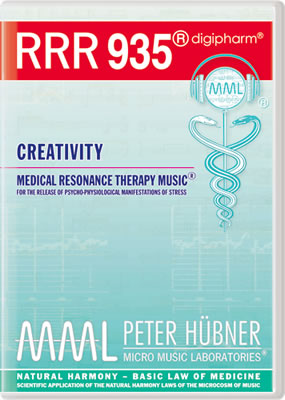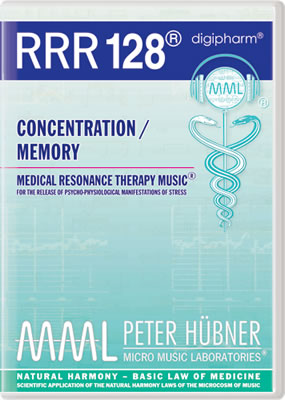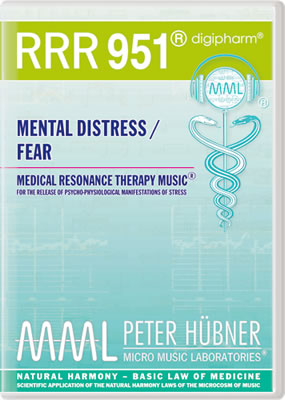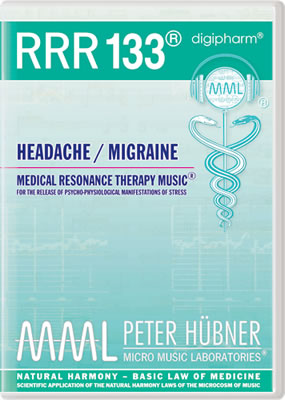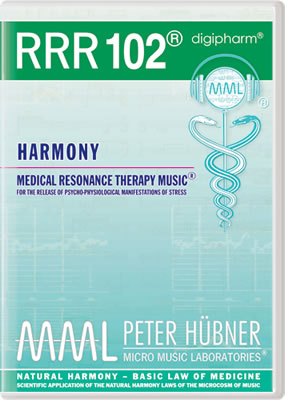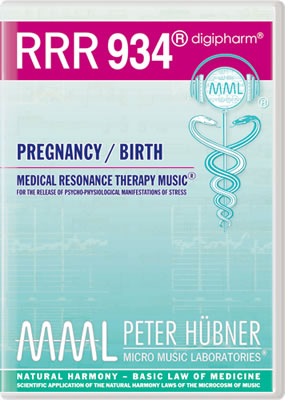Peter Hübner: As I have already said before, from a musicological point of view, our European musical history systematically and logically mirrors a process of cognition in the microcosm of music sphere.
Even if, from the point of view of the sound creators, this cognition process runs intuitively – which is simply a sign that our thoughts too, in their very nature, follow a process of harmonic evolution – then today it is possible with the help of scientific cognitive methods to prove that the intuitive cognition of our great classical sound creators coincides with the harmonic reality of the microcosm of music.
One cannot, of course, claim that these music creators sought only to represent and reveal the laws of harmony of the microcosm of music – or, indeed, the extent of their knowledge in this sphere.
It is, however, a fact that, beyond all their creative achievements and diversity in respect of insight into the microcosm of music, a continuity in harmonic cognition can be proven, as we only know in the development of the different scientific disciplines.
From a musicological point of view, European musical history can inasmuch be seen as a pure process of cognition in respect of the microcosm of music, in which the different musical works reveal a greater or lesser degree of insight into this harmonic creative sphere.
On the other hand, we customarily pay scant regard to this cognitive theory aspect and look only at the creative diversity of the sounds – completely removed from these laws of harmony.
So it can also be explained that for centuries it did not occur to the professional music world that historically, at some point, the harmonic process of cognition in the microcosm of music was no longer carried forward, but actually went into reverse.
And it is probably only because I concern myself intensively with this natural science of music, that I am the first one to recognize this today.
But the development in compositional technique made by our great classical composers and the hierarchy they imposed on the individual compositional techniques express very clearly that they too – if only intuitively – attached far greater importance to the microcosm of music and its harmonic structures than today’s qualified musical experts would even think possible.
Even if ultimately according to the today`s interpretations of their music the great classical composers mainly wrote homophonic music, they nevertheless regarded polyphony as the higher artistic musical craft – and it is only this that we find in the microcosm of music.
The function of the laws of harmony in space and time cannot be conveyed by homophony; for this one needs polyphony, the counterpoint and the fugue.
It is then a question of whether our classical sound creators can be firstly seen from a humanist view point as intuitive researchers in the sphere of the laws of harmony of the microcosm of music and only secondly as artists and creators of emotionally charged work of sound, in the way that the world of professional music would have us believe.
And if this thesis is correct, then we have to completely revalue and reassess our classical sound creators, their works and their historical significance, as well as their significance for our future.
In early high civilizations music was one of the most highly regarded sciences or arts because, indeed, one saw in music the theories of all other sciences most comprehensively displayed – potentially, at least – whereby the musicological point of view surely predominated.
Nowadays, sight of this has been lost even to the experts. The aspect of musical order has been given second place behind the aspect of emotional excitement, the interpreter before the sound creator. The logical result is that, in terms of music theory, chaos dominates. And then in turn, the music itself has a corresponding effect on society.
The microcosm of music does not know this dysfunction in the interpretation. The sound creations of the microcosm of music develop and disintegrate quite without sensation.
The microcosm of music presents us, then, with a music-nature, the sole purpose of which is to celebrate and expose the creator’s laws of harmony and provide us with a key to teach these laws of harmony once more – there where they are no longer on an even keel.
Socrates propagated such teaching for those energies of the soul which had slipped off balance, and Pythagoras wanted to use it in order to normalize those energies of the human organism, which were no longer on an even keel.
If one looks around today’s music world, one asks oneself, along with Socrates, Pythagoras and numerous other great minds from other high civilizations: is this really still music?
The microcosm of music provides us with the answer of the creator or of nature: it is, at best, a peripheral musical phenomenon – in the same way that long finger nails are a human phenomenon of peripheral importance, the deceased parts of which we find irritating and so cut off.
Surely, however, these fingernail clippings do not represent the core or center of biological life, as, by comparison, the music industry and those musical experts in its pay would have us believe is the case with their musical productions.
Question: So in our present science-dominated age one can best say about Medical Resonance Therapy Music® that it is a medical information carrier, that is to say, it is medically valuable information which has a therapeutic effect – good for the health?!
Peter Hübner: Yes. This harmonic information cannot be adequately conveyed in words alone, and it is therefore that we use the sound as an information carrier; but it is good to use the verbal information as a complement.
“Every Disease
is a
Musical Problem”
is a
Musical Problem”
Novalis

